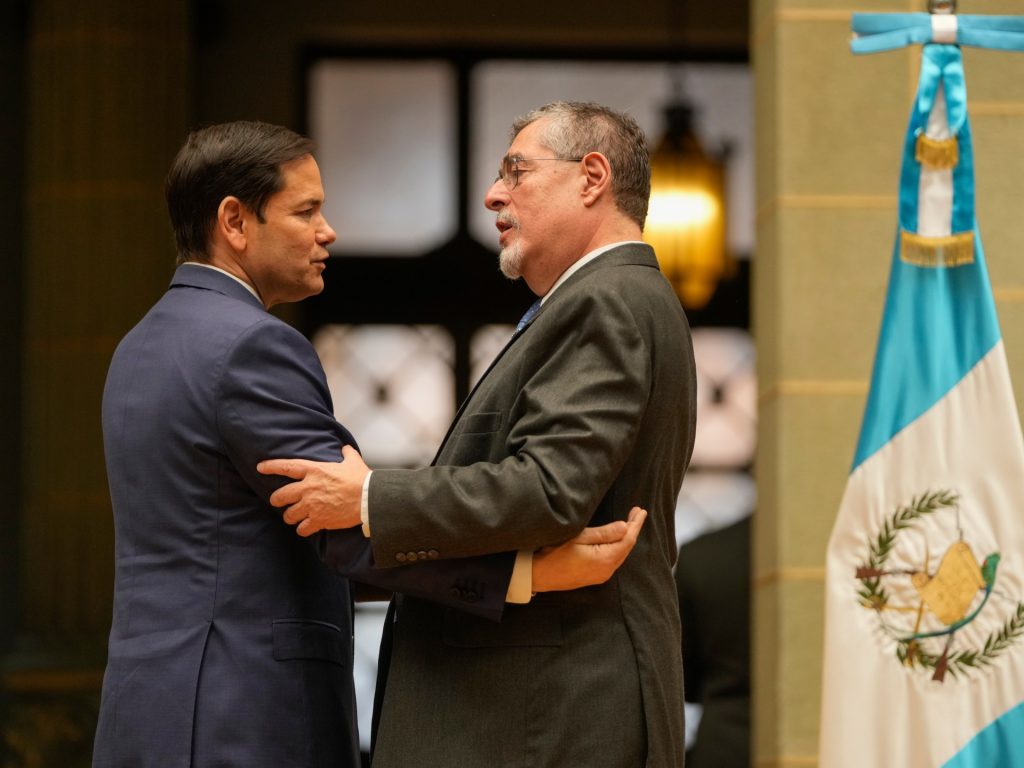The Escalation of Deportations from the US to Guatemala: A New Era of Migration Policy
Introduction: A Shift in US Immigration Strategy
In 2024, the United States intensified its deportation efforts, with approximately 66,000 individuals deported to Guatemala alone. This marked a significant escalation under President Trump’s administration, which has prioritized curbing irregular migration. The agreement to increase deportation flights by 40% was announced by Guatemalan President Bernardo Arevalo during a joint press conference with Secretary of State Marco Rubio. This move underscores Trump’s aggressive stance on immigration, mirroring his initial term’s strict policies but with heightened vigor.
Guatemala’s Role in US Deportation Efforts
Guatemala has historically cooperated with US deportation initiatives, even under President Biden. However, the current administration’s push for a 40% increase in flights, including both Guatemalan nationals and non-citizens, signals a deeper collaboration. This step aligns with Trump’s broader strategy to involve regional countries in his anti-immigration agenda. The financial support pledged by the US aims to facilitate Guatemala’s role in returning non-citizens to their home countries, highlighting a pragmatic approach to manage migration flows.
The Trump Administration’s Regional Campaign Against Immigration
Secretary Rubio’s tour across Central America, including Panama, El Salvador, Costa Rica, and Guatemala, reflects the administration’s efforts to garner regional support. Each country’s response varies; while Guatemala agreed to the deportation flights, others like El Salvador offered solutions that raise legal eyebrows, such as jailing violent offenders, including US citizens. These divergent reactions illustrate the complex balancing act between migration control and legal and ethical considerations.
Regional Resistance and Ethical Concerns
The administration faces resistance from Caribbean nations like the Bahamas, Grenada, and Turks and Caicos, which refuse to accept deportees due to resource constraints. Ethical concerns are also paramount, as the use of Guantanamo Bay for detaining undocumented immigrants revives criticisms of human rights abuses. The legal challenges of such measures have even drawn skepticism from within the Trump administration, highlighting the delicate balance between policy goals and constitutional limitations.
The Impact on Undocumented Immigrant Communities
The rhetoric and policies of the Trump administration have profound implications for the estimated 11 million undocumented immigrants in the US, many of whom are integral to their communities. The focus on deterrence and deportation overlooks their contributions, raising concerns about the social and economic impact of their removal. Advocates argue for comprehensive immigration reform to address the complexities of migration, emphasizing the need for pathways to citizenship and humane treatment.
Conclusion: The Future of US Immigration Policy
The accelerated deportations to Guatemala under President Trump reflect a broader shift towards stricter migration control. While Guatemala’s cooperation marks a success for the administration, challenges remain, including regional resistance and ethical dilemmas. As the US continues to evolve its immigration strategy, balancing enforcement with human rights and economic realities will be crucial. The long-term implications for undocumented immigrants and the countries involved hinge on finding sustainable solutions that respect the dignity and rights of all individuals.












